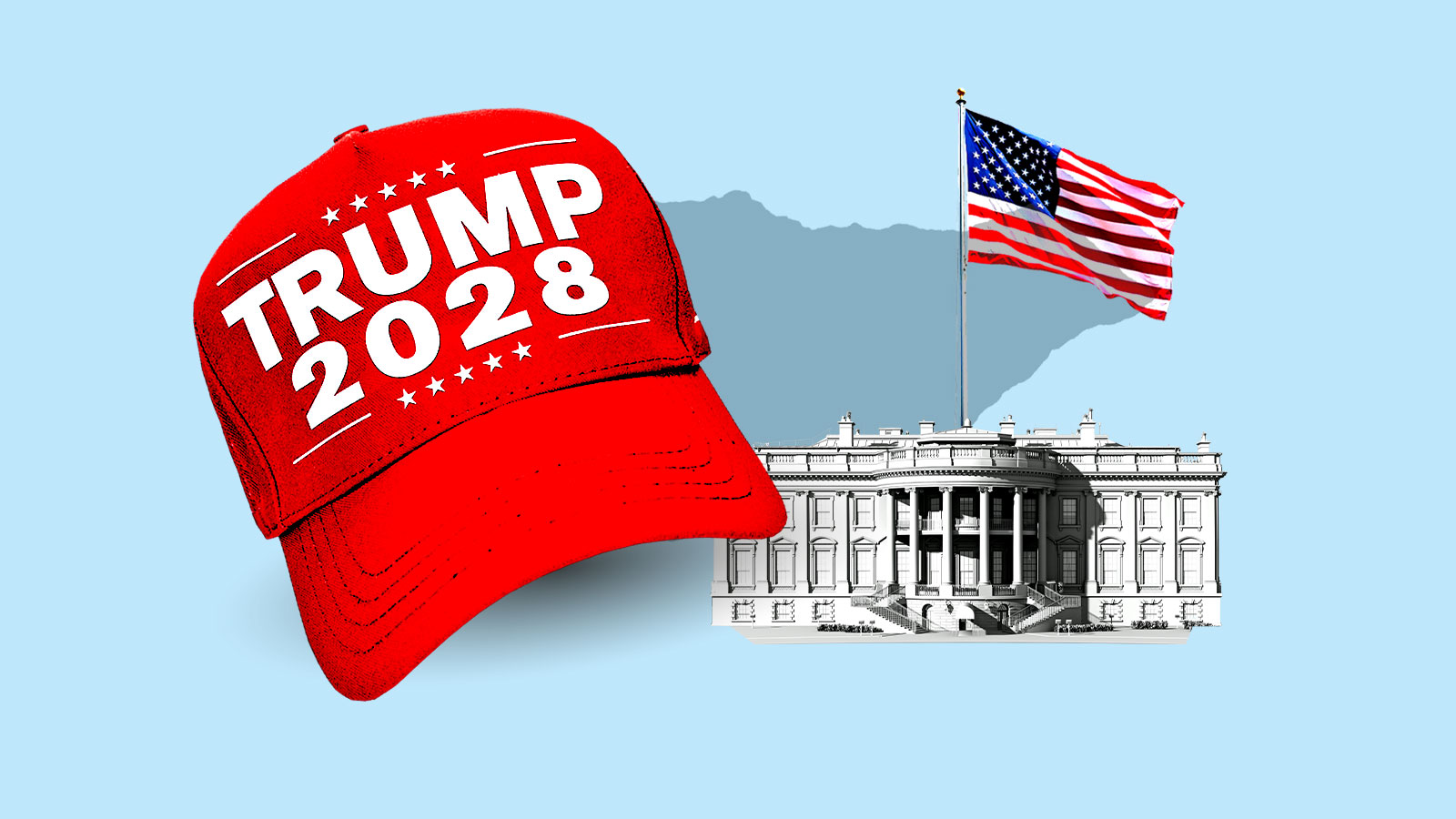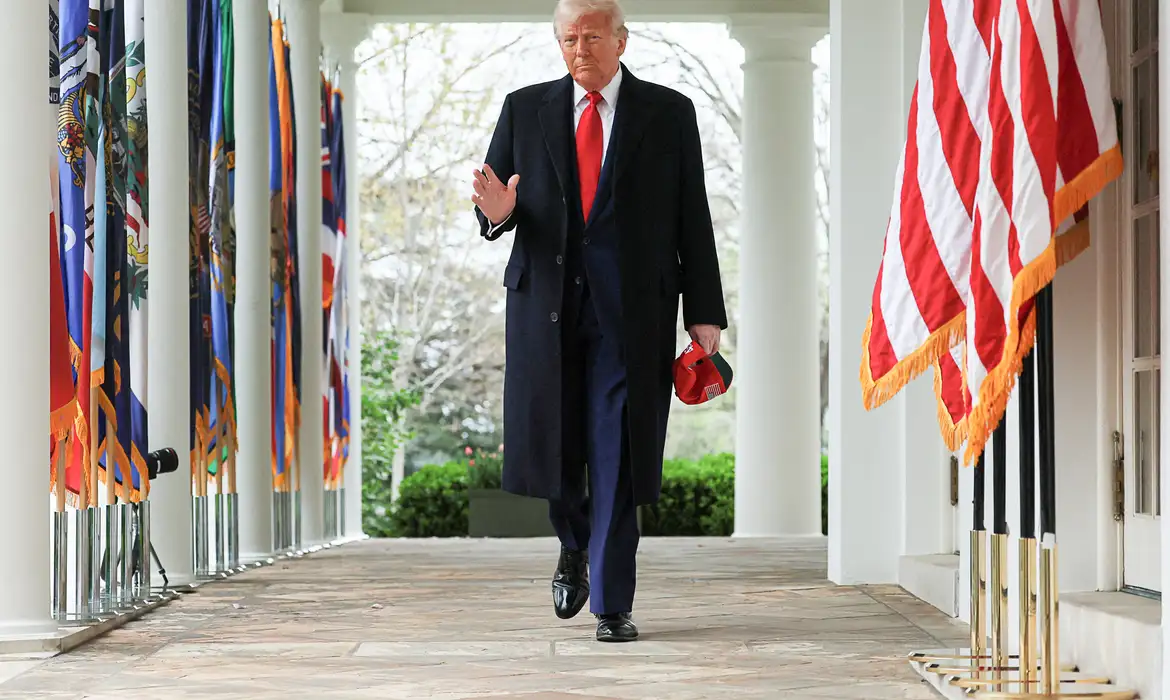What are the Chances of Donald Trump Remaining as President in 2028 Next Term?

Donald Trump’s potential candidacy for the 2028 presidential election has sparked considerable debate and speculation. The primary constitutional barrier to his eligibility is the 22nd Amendment, which limits presidents to two terms in office. This amendment effectively disqualifies Trump from running for a third term as president. However, several speculative scenarios and legal interpretations have been proposed to circumvent this limitation.
One theory suggests that Trump could run as the vice-presidential candidate on a Republican ticket. In this scenario, if the ticket wins the election, the vice president could then resign, allowing Trump to assume the presidency. This strategy has been discussed in political circles as a potential loophole to the 22nd Amendment. However, it relies on a complex series of events and political maneuvers that may not be feasible or acceptable to the American public.
Another possibility is the repeal or amendment of the 22nd Amendment itself. This process would require a two-thirds majority vote in both the House of Representatives and the Senate, followed by ratification by three-fourths of the states. While technically possible, this process is politically challenging and unlikely to gain the necessary support, given the historical and constitutional significance of term limits.
Legal challenges could also be mounted to interpret the 22nd Amendment in a way that allows Trump to run again. This approach would involve complex legal arguments and could face significant opposition in the courts. The success of such challenges would depend on the interpretation of the amendment by the judiciary, which has thus far been consistent in upholding term limits.
Despite these speculative scenarios, the most straightforward interpretation of the 22nd Amendment is that Trump cannot run for a third term. The amendment was designed to prevent the concentration of power and ensure democratic rotation, and any attempt to circumvent it would require extraordinary political and legal maneuvers. Therefore, the chances of Trump remaining as president in 2028 are slim to none unless there is a significant legal or constitutional change, which is unlikely.
In conclusion, while there are creative interpretations and potential loopholes, the constitutional framework currently stands as a barrier to Donald Trump’s eligibility for the 2028 presidential election. The political and legal landscape would need to shift dramatically for Trump to have a viable path to a third term.
















